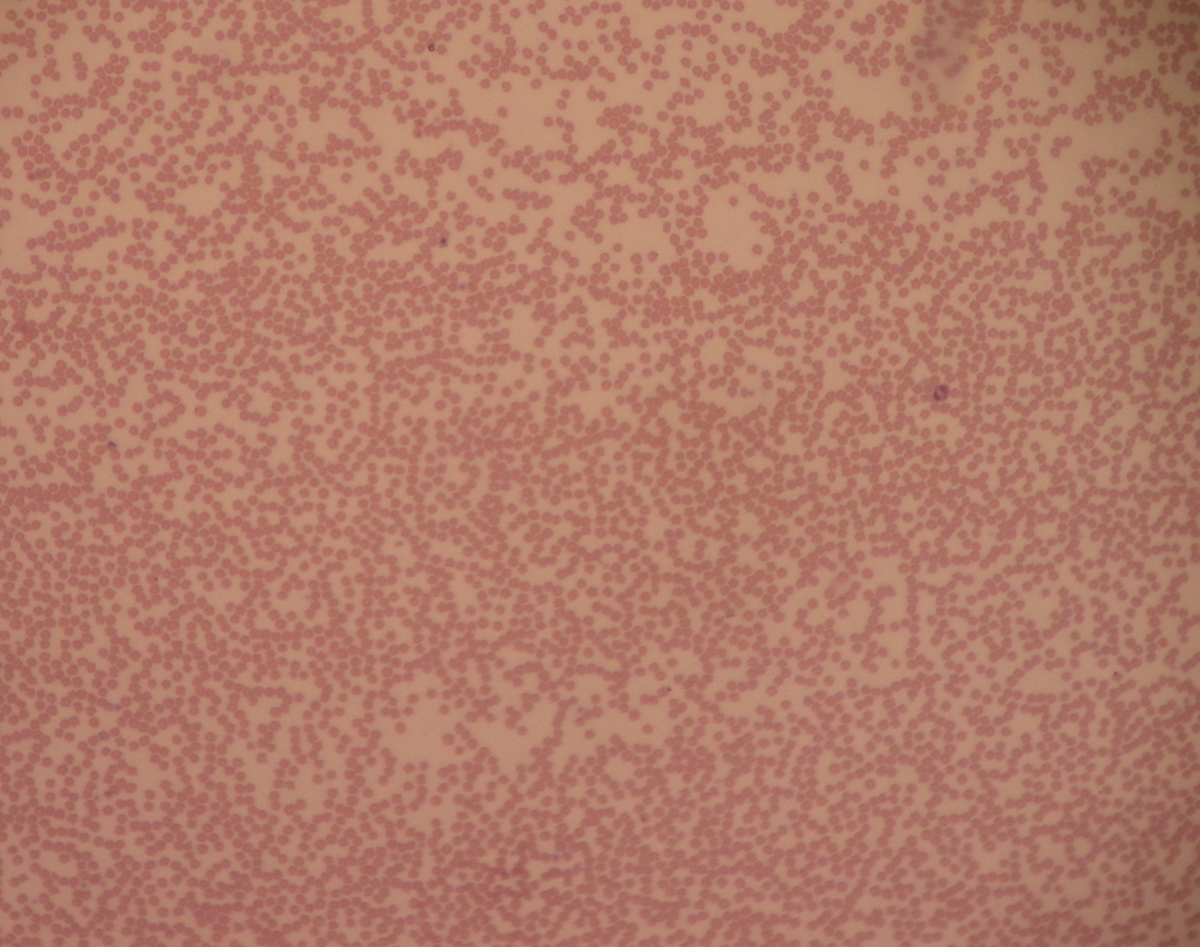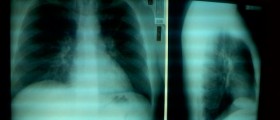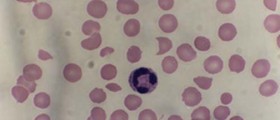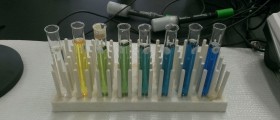About Chronic Benign Neutropenia
Neutropenia is a hematological disorder, characterized by the low count of neutrophils. Neutrophils are a type of white blood cells, in fact the most important type. They make up for more than a half of all circulating white blood cells and they represent the first line of defense against infections. Neutrophils are particularly important for fighting the bacteria. Therefore, if a person has an abnormally low number of neutrophils, logically he or she will be very susceptible to bacterial infections and complications from them, which can sometimes be very serious and potentially fatal.
Neutropenia can be acute and chronic. Chronic benign neutropenia is the most common type of this disease. It is often an autoimmune disease.
CIN and autoimmune neutropenia (AIN) are very similar and overlapping conditions. The clinical consequences depend upon the severity of neutropenia, but it is not considered a premalignant condition.
- Chronic idiopathic and autoimmune neutropenia are the most common cause for chronic neutropenia in children and adults
- Most evidence suggests that these conditions are due to immune mechanisms impairing neutrophil production in the bone marrow
- Granulocyte colony-stimulating factor is an effective chronic therapy treatment in doses much lower than those for prevention of chemotherapy induced neutropenia.
Autoimmune Chronic Benign Neutropenia
Autoimmune neutropenia can be either primary or secondary. In primary neutropenia, there are no other abnormalities and the patient is otherwise healthy. Infections associated with primary autoimmune neutropenia are generally mild and easily treated.
The situation is different with secondary autoimmune neutropenia, since it is combined with other pathologies, such as systemic autoimmune disease, malignancy and infection. Unlike primary autoimmune neutropenia, secondary autoimmune neutropenia cannot be considered benign.
Symptoms of Chronic Benign Neutropenia
Even though chronic benign neutropenia can go undetected, in most cases patients seek medical attention because of frequent and recurring infections. Infections may include simple febrile conditions, middle ear infections, pneumonia, tonsillitis, upper respiratory tract infections, gastrointestinal infections, skin infections and other. In children, frequent upper respiratory tract infections are a typical sign of chronic benign neutropenia.
If a doctor thinks that infections presented by the patient are abnormally frequent, he or she will most likely order a full blood count, including neutrophil count. If neutrophil count is very low, it may be enough to make the diagnosis, but in some cases doctors want to be sure and order bone marrow tests.
Treatment for Chronic Benign Neutropenia
The treatment for chronic benign neutropenia is usually focused more on the actual infections than on the condition itself. Since the body cannot wear off infections, it needs help from medications, usually antibiotics. If there are no significant infections present, no special treatment is required. More invasive forms of treatment are not recommended since almost all patients with chronic benign neutropenia recover spontaneously after some time.
In case of particularly frequent infections, preventive courses of antibiotics may be required. In addition, some doctors recommend G-SCF or intravenous gammaglobulin, which may be able to raise the neutrophil count.

















Your thoughts on this
Loading...